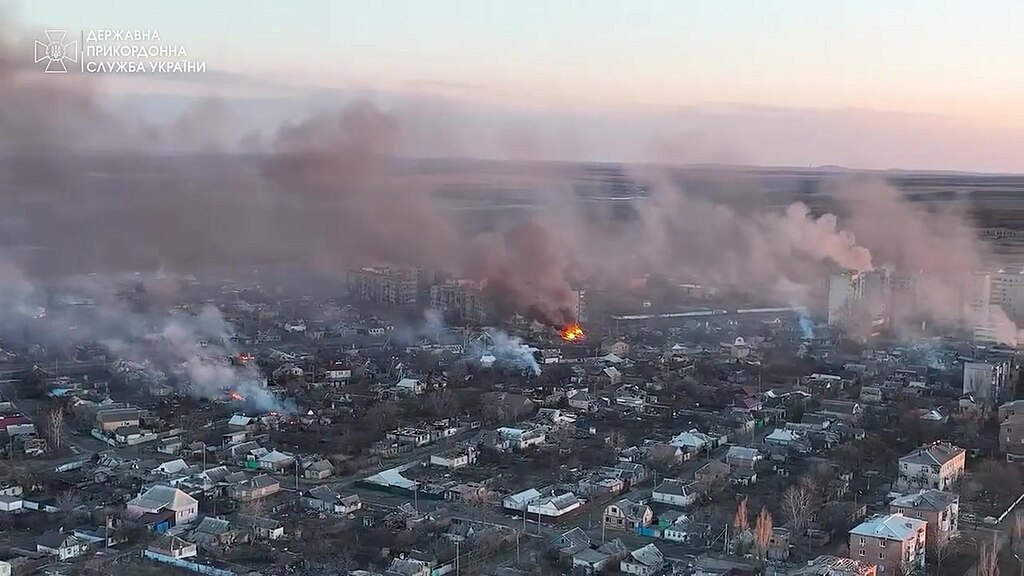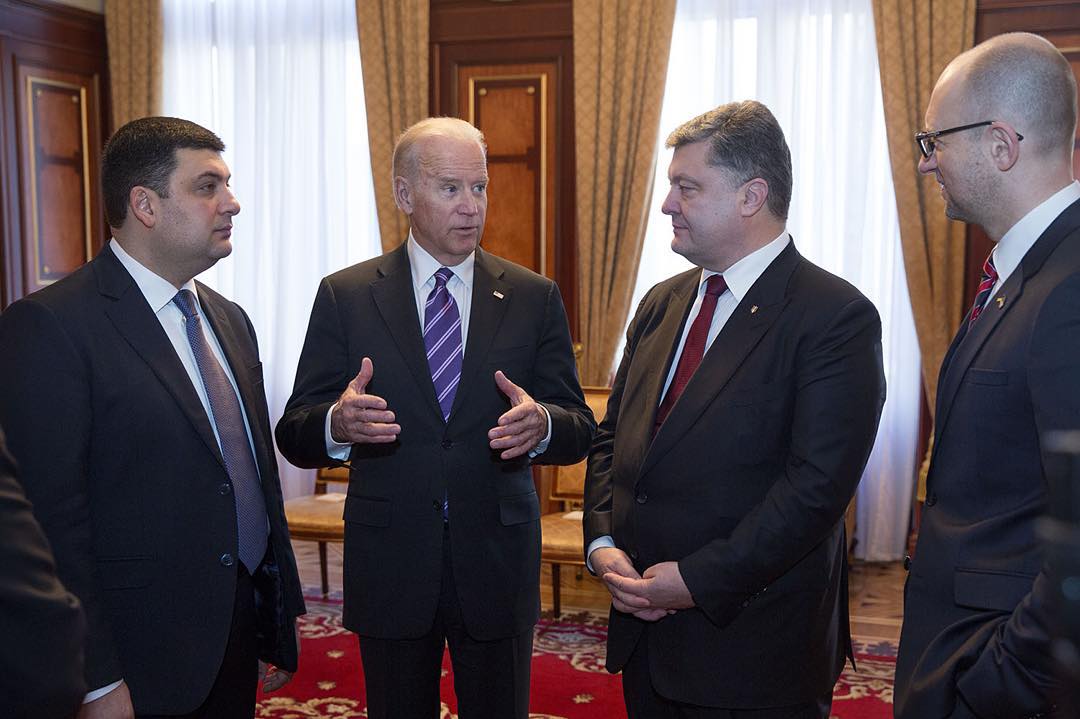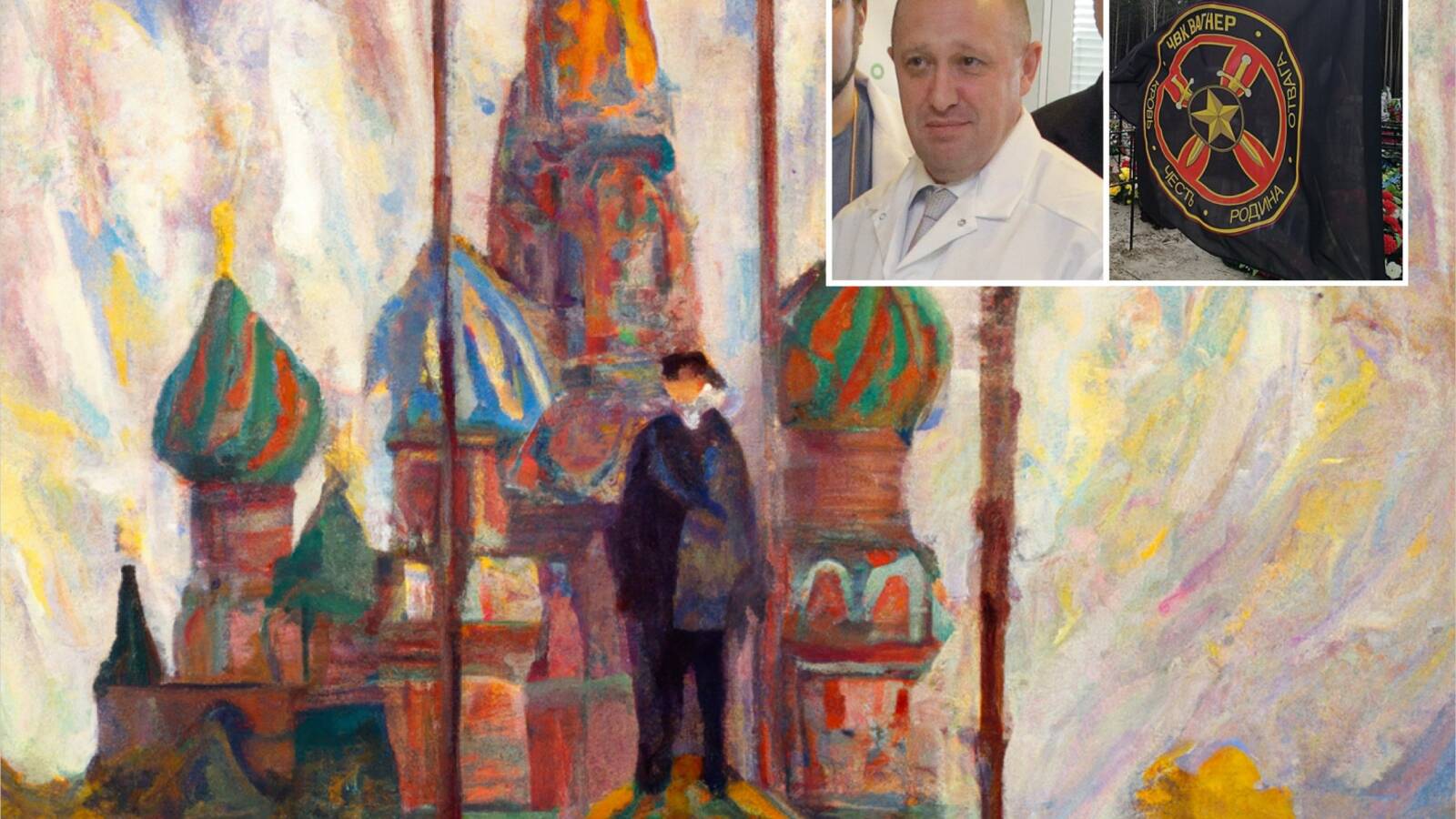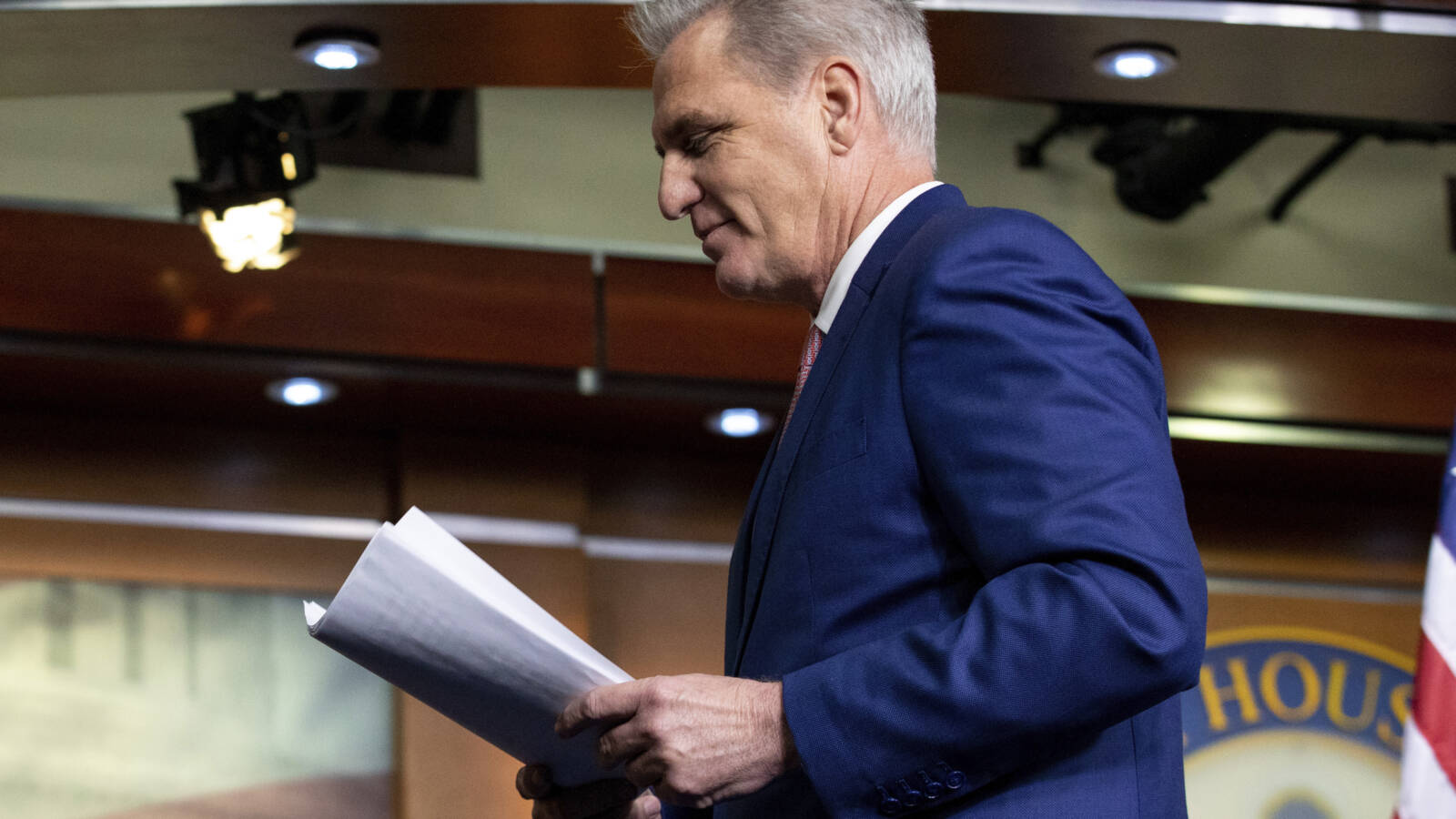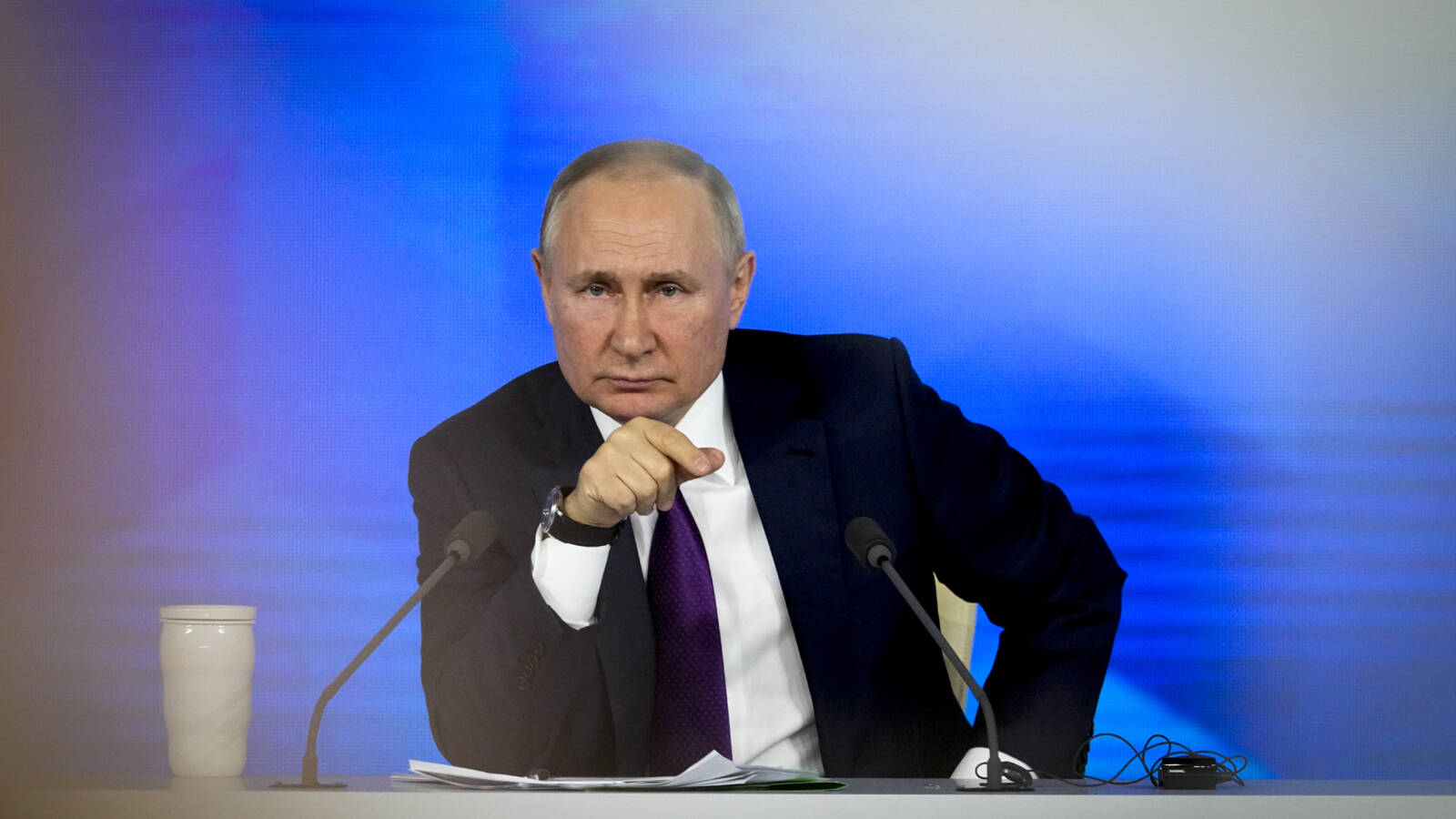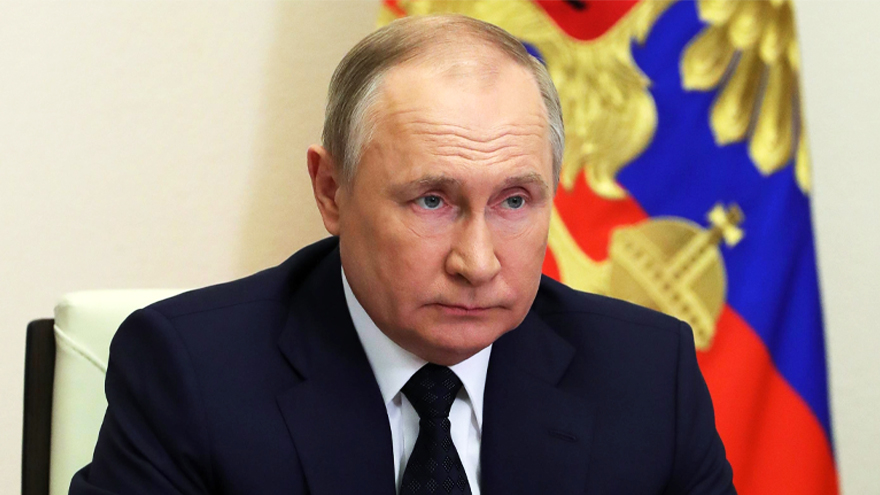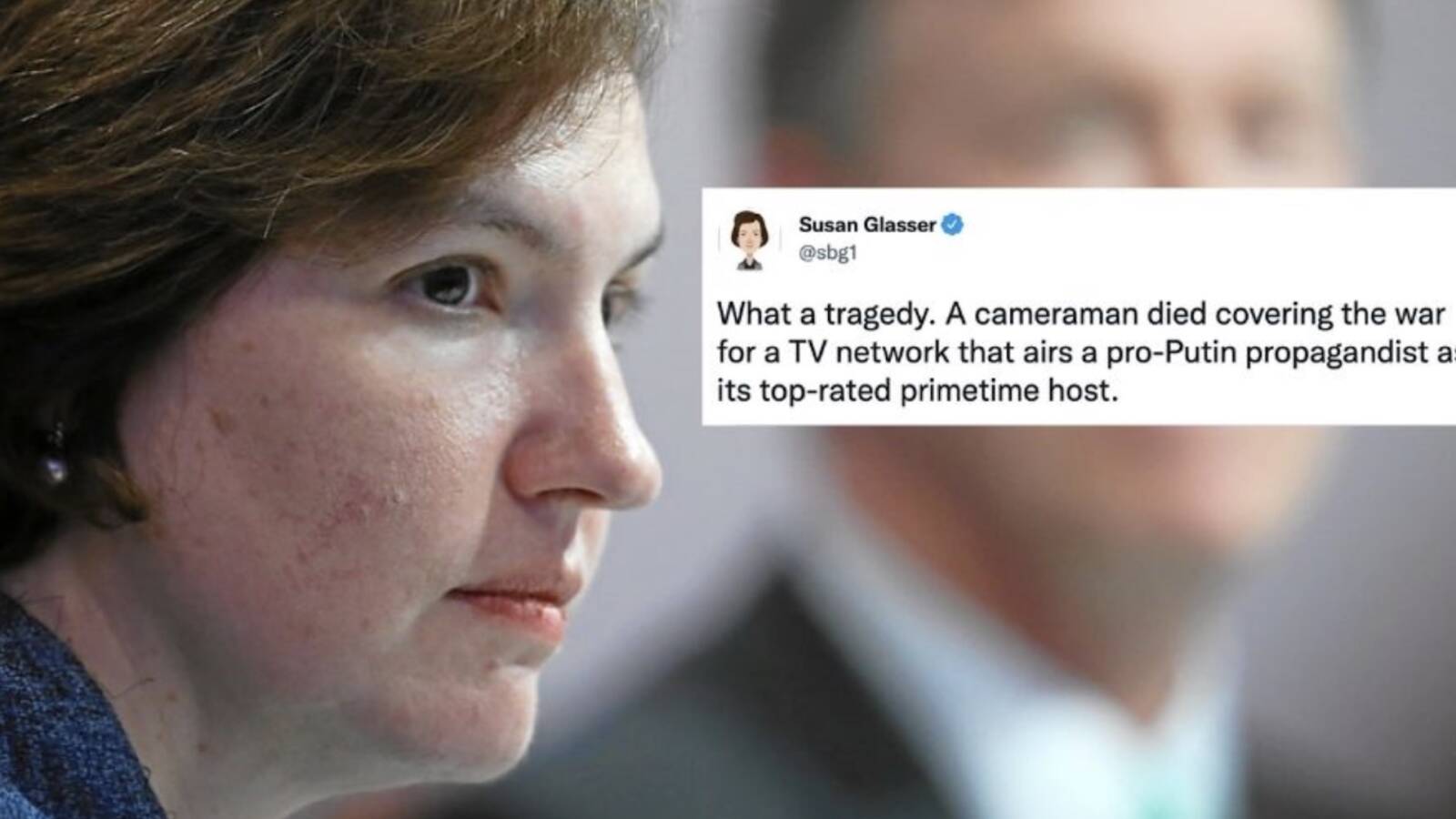It’s not Russian propaganda that Bakhmut is no longer in the hands of Ukrainian forces. Once every building is hollowed out, leveled, or structurally compromised to the point where it cannot offer shelter, there’s really nowhere for Ukrainian defenders to hide or regroup, so they left.
But talk of “Pyrrhic victory” and “Russian losses” is counterproductive. All that matters in this war is land. Territory taken and lost, and it’s measured by the kilometer; sometimes in mere meters.
A man I follow on Quora, a former Kosovo Liberation Army fighter who now helps Ukraine wrote the following.
Yes, they have.
I spent this week with soldiers who have just returned from Bakhmut and we got the message yesterday morning. The battle is over. The Russians are in the city and the Ukrainians are out.
There is nothing to play down here. Some people may like to pretend that the city wasn’t important (it absolutely was) or that the Russians have achieved a pyrrhic victory (because they lost so many people) but this is not completely accurate either.
It is true that Russia lost more soldiers than Ukraine but while the Russians sacrificed mostly convicts and untrained conscripts, a lot of good and experienced Ukrainian soldiers were killed. It will be difficult to replace these losses.
What is important now is to concentrate on the next battles. There is no need for despair, this is war: sometimes you win but often you don’t.
Russia lost maybe 20,000 soldiers (according to some U.S. estimates) dead, and up to 100,000 casualties taking this city, which has as its primary meaning denying President Volodymyr Zelenskyy his rallying cry “Bakhmut Holds!” The point is that Russia—personified by its dictator Vladimir Putin—doesn’t care. Russia, as Roland Bartetzko noted, has more meat to throw in the meat grinder than Ukraine does.
Remember, at the beginning of World War II, Japan fielded an army with more experienced troops (they’d been fighting in China for some time), a Navy with more experienced pilots, and doctrine and weapons well more advanced than America’s. But it didn’t take long at all for the United States, with its unmatched productive power and better training doctrine, to overpower the Japanese Imperial forces.
Russia today is not WWII-era America—a far, far cry from it. But Russia is not without productive capacity. Regardless of how many bans and sanctions piled on by the G7, Russia still has huge markets such as India, for its resources. It has China as a (for now) partner with similar interests. And the biggest challenge for the west, and for Ukraine, is that Russia doesn’t have to destroy Ukraine to “win.” It merely has to deny Ukraine the ability to win back its land. Ukraine cannot destroy Russia, even with western help.
It’s actually counterproductive for Ukraine to even think about attacking an inch of Russian soil, because that would cause western governments, like the U.S., to hold on giving them advanced weapons like F-16 fighter jets and M1A1 tanks. Nobody wants to expand the war with nuclear (with a giant stockpile of tactical weapons) Russia. So the best Ukraine can do is use its weapons to keep killing Russians until there’s no more Russians to kill, or until there’s no more of Ukraine under Russian rule worth defending.
Bakhmut is a sad reminder that to Putin, destroying Bakhmut is no different than taking the city, as long as it’s denied to Ukraine. To see what Bakhmut is, you only needed to look at the history of Grozny in Chechnya. To draw on one conclusion made by Andrew Harding, the BBC’s one-time correspondent in Chechnya, offered at the start of this war: “if [Russian] troops aren’t willing to fight or aren’t able to fight on the ground successfully, what do you do? You turn to the weapons that will work, that will deliver you the city. Even if what you hand to Putin is a victory that is pure rubble.”
It’s still a victory to Putin. The question now is what can Ukraine do next to avoid another city razed to rubble in a meat grinder?
Follow Steve on Twitter @stevengberman.
The First TV contributor network is a place for vibrant thought and ideas. Opinions expressed here do not necessarily reflect those of The First or The First TV. We want to foster dialogue, create conversation, and debate ideas. See something you like or don’t like? Reach out to the author or to us at ideas@thefirsttv.com.

